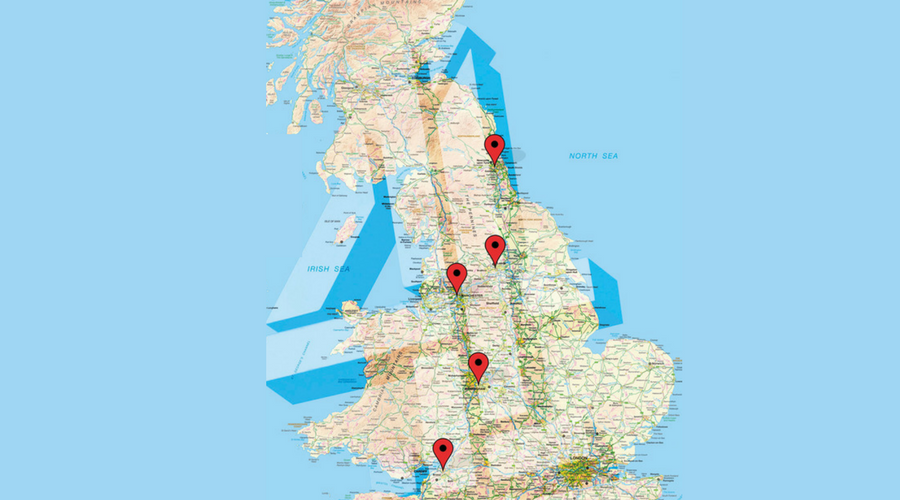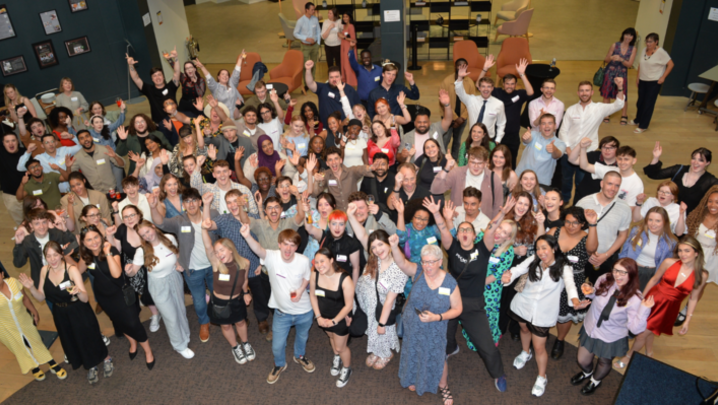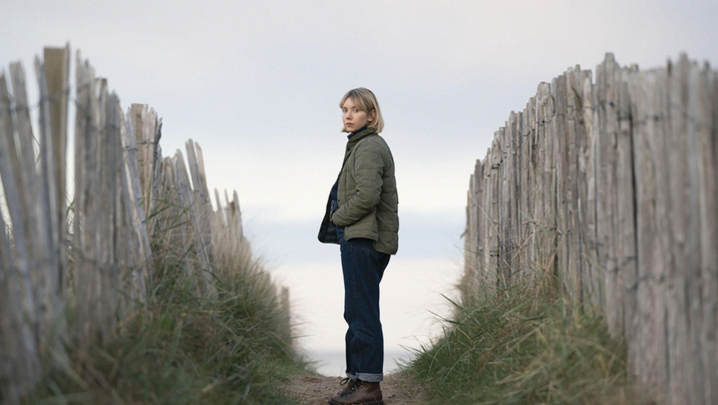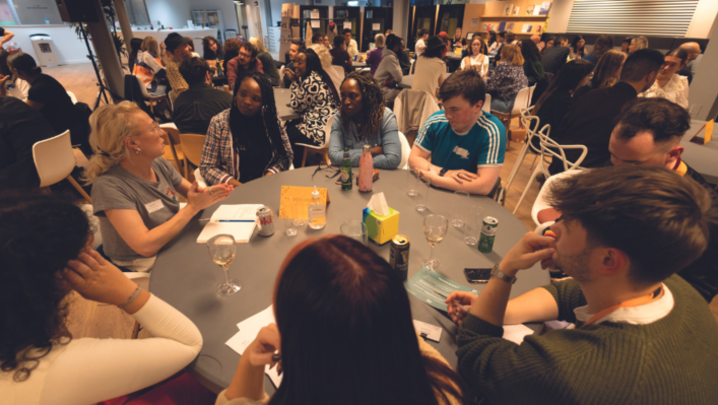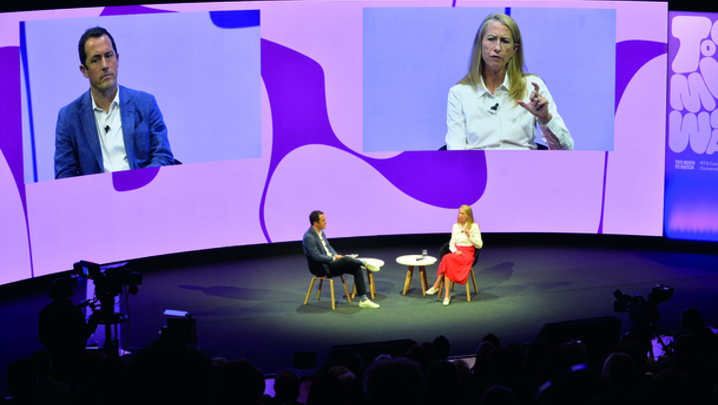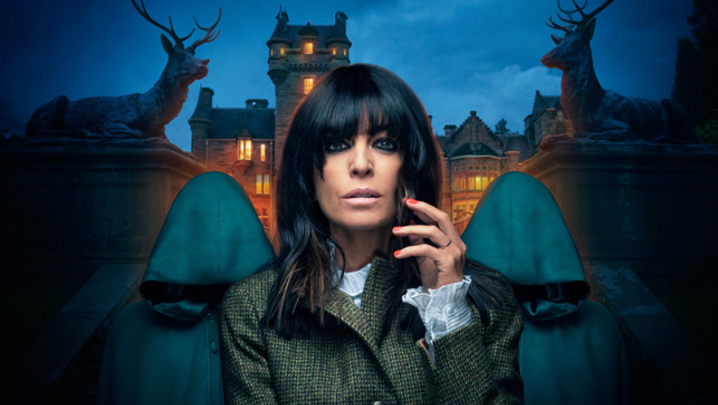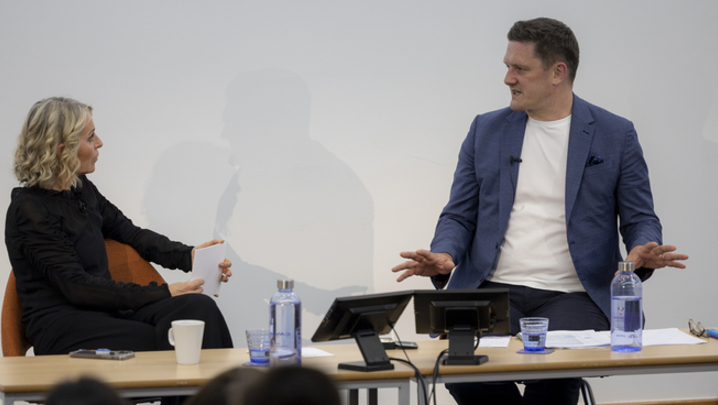The RTS Mini MBA is an online course designed to raise the bar in media education. RTS Chief Executive Theresa Wise unveils an initiative aimed at transforming careers
Was it the success of the RTS bursary scheme that led you to launch a Mini MBA?
Theresa Wise: A few things came together. We’re an educational charity with a history of educating people at all levels. During the pandemic, we saw a rapid expansion of online learning and the development of complex learning management systems featuring lots of interactivity and capability. Previous generations of remote-learning technologies – video conferences or, back in the day, CD-ROMs or the Open University “talk and chalk” lectures – maybe had less ability to engage.
From initial conversations and detailed qualitative research, it became apparent there was a gap in the professional television educational market to provide a course in which people could learn comprehensively about the business of our industries. I realised the RTS was uniquely placed to play a role in putting together something that would benefit the industry and play to the Society’s core charitable objectives. The Trustees were very supportive.
Crucially, the RTS has fantastic access to people with great insights and industry experience who we could bring directly to learners. Senior executives have told me: “I wish something like this had been available earlier in my career.”
How important is this for the RTS?
It’s the biggest thing we’ve done since launching our bursary scheme 10 years ago. It has involved a lot of work and investment. We’ve been in development for two years. Nothing like this – with a television and streaming lens – exists elsewhere. There’s a wealth of knowledge in people’s heads, but it’s not written down in one place anywhere.
What exactly does the course offer?
It’s CPD (Continuing Professional Development)-accredited, with four themed streams and 24 modules sitting underneath. Stream 1 is Industry Context, and the modules include Ecology of Television, looking at the structure of the industry and the parts played by different organisations. Then there’s Business Models, which talks about the players’ revenues, costs and how they do business with each other.
The third module examines the UK’s public service broadcasters, their history, purposes and how they differ. The fourth is Regulation and Policy. Regulatory interventions have made huge differences to our industry’s health, particularly legislation that allowed production companies to keep their own intellectual property, and prior to that, the birth of Channel 4.
We also have a module on the independent production sector, and one on audience insight, looking at how advertising is bought. There’s a module called Sport on TV – sport has changed the fortunes of television and vice versa – and International Overview, because it’s important to understand how territories outside the UK work.
The second stream is called Programme Making and also looks at varying models of funding a show. The process of developing a show is examined, the difference between scripted and unscripted, and the business of commissioning. Then there’s the Production Management module: what is involved in delivering a show on time and to budget?
There are great case studies throughout. One is Got Talent – a hugely successful global format – and another is A Gentleman in Moscow, a lovely, high-end drama. There’s a module called Production Accounting – a discipline in itself – and our final module in this stream is Distribution and Exploitation.
The third stream, Business Functions, looks at key departments that support the business and programme-making. We’ll highlight financial accounting, rights and intellectual property (where we’re supported by the amazing legal firm Wiggin), business affairs and legal, and marketing and comms. We examine what is specific about the TV industry that marketing and comms need to serve and how they measure their return on marketing investment.
We look at HR and talent management, including areas such as health and safety, duty of care and diversity and inclusion considerations.
The fourth stream is Future Outlook, examining through a TV and streaming lens how you build a business case and what to think about when formulating a strategy. There’s a module called Mergers and Acquisitions, since we’re a deal-intensive sector. And, of course, we look at technology and the future of TV, including a discussion on AI. There’s also a module called Leadership and Personal Development.
There’s a section entitled Director’s Cut, where learners take a deep dive into a wide range of topics. There is access to previous RTS Conventions, Television magazine articles and our events archive. Overall, the course runs to 75-80 hours of learning.
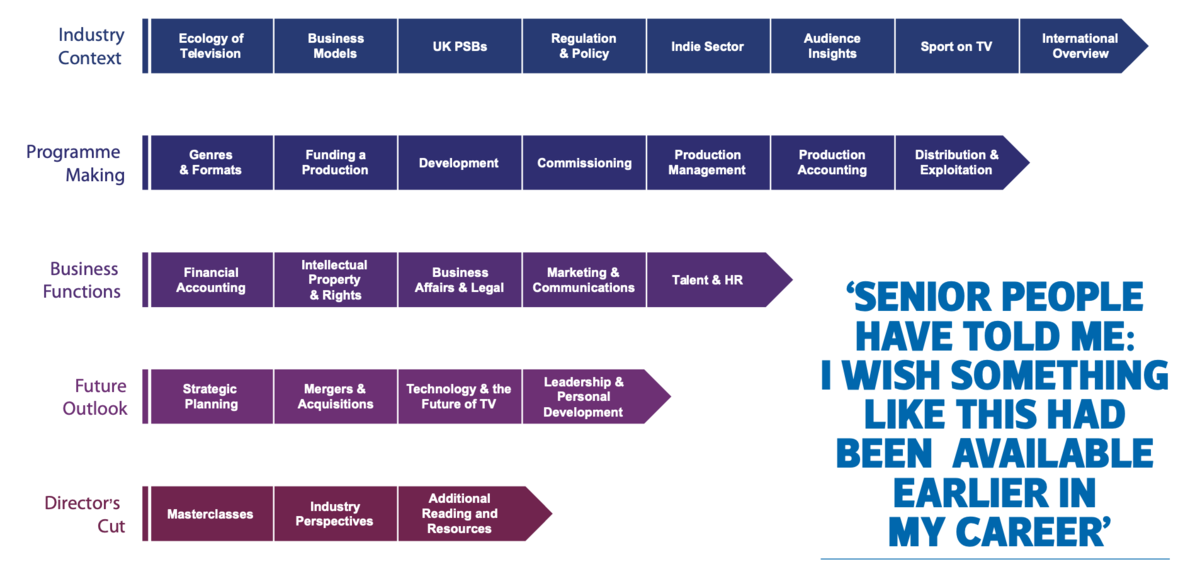
When is it out and what’s the cost?
We’re launching at IBC this month, and our first learners can start in January 2025. It’s priced at £3,250 plus VAT but is free to all our past and present Bursary Scholars.
Who is the RTS Academy aimed at?
It’s for anyone who wants to understand more about the business of television, with people in their mid-20s to 40 likely to gain most, but it’s not restricted to that age range. They could work in a big TV or streaming organisation or any body that supports our industry – a regulator, government department, consultancy, tech, law or accountancy firm. There are many companies that serve the TV and streaming media industries who want their teams to understand more about it. This is a way for people who work in television and supporting services to turbocharge their talent.
So everything is delivered online?
Yes, but there are interactive elements, including online forums where learners can share insights. Our industry contributors will deliver webinars on particular topics that people can watch live. The RTS runs many in-person events throughout the year. We’ll be inviting our learners to some of those so they can meet each other and discuss what they consider to be hot topics. Given that the course is self-paced and online, people might come across things at different speeds.
You must be delighted that so many industry luminaries are contributing to the course…
We have been exceptionally lucky in having more than 100 industry leaders and practitioners contributing via videos and case studies. These include our Chair, Jane Turton; Vice Chair, Simon Pitts; the BBC’s Kate Phillips, who talks about commissioning, as does Sky’s Zai Bennett; and UKTV’s Richard Watsham. On production, we’ve got Stephen Lambert of Studio Lambert, Patrick Holland from Banijay, and Fremantle’s Amelia Brown. We have some huge dealmakers such as Liberty’s Mike Fries and Andrew Georgiou from Warner Bros. Discovery, as well as Priya Dogra, who’s just landed at Sky, and Sarah Rose from Paramount.
How will the course be assessed?
There are two types of assessment: formative and summative. The latter is scored and is done online. Exercises have to be passed before proceeding to the next stream. The formative assessment checks your knowledge as you proceed. At the end, there’s an optional dissertation. Those who complete this to a good standard earn a distinction.
Find out more here.

